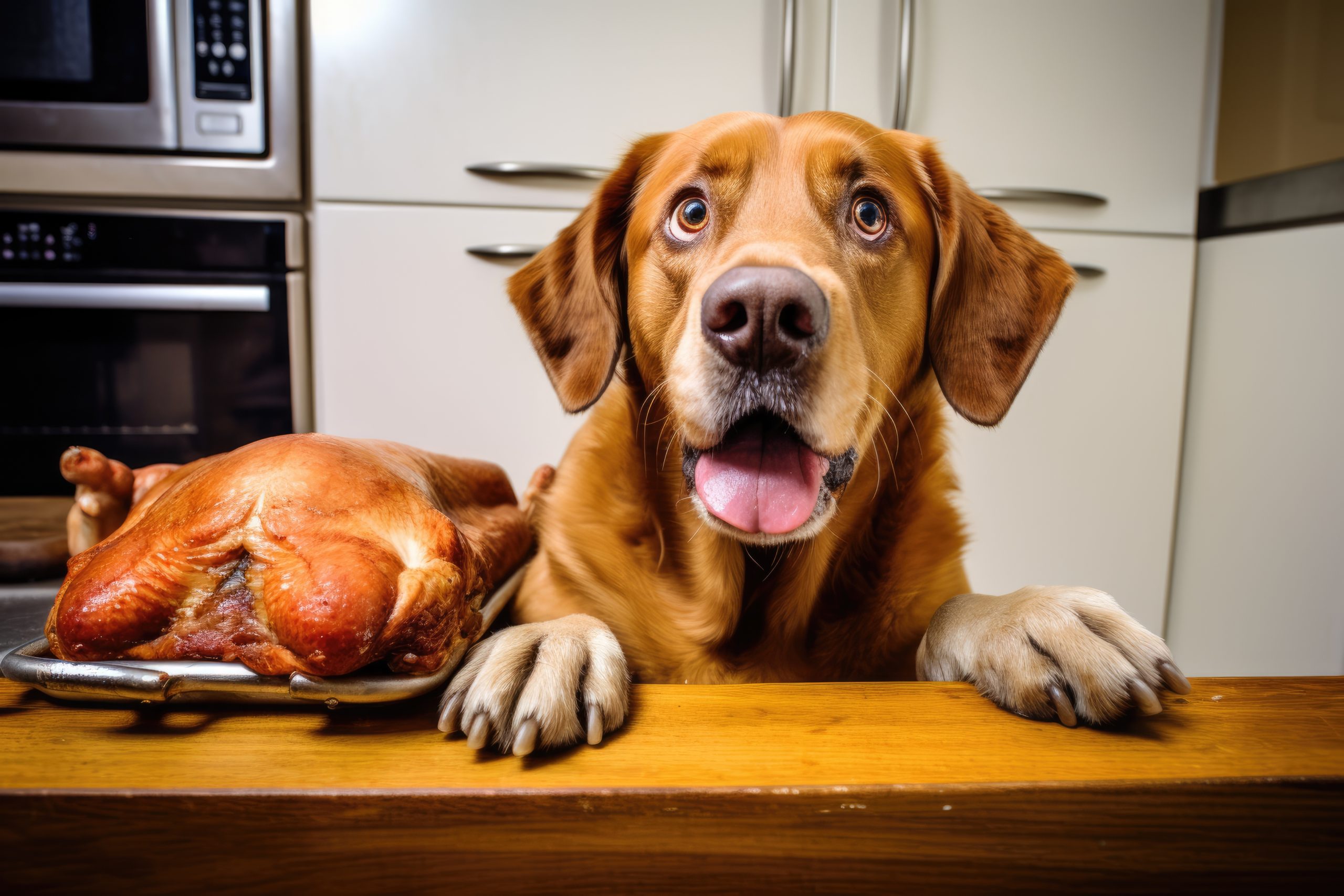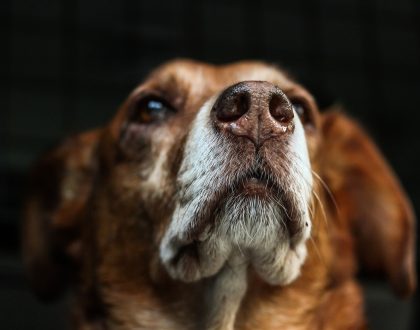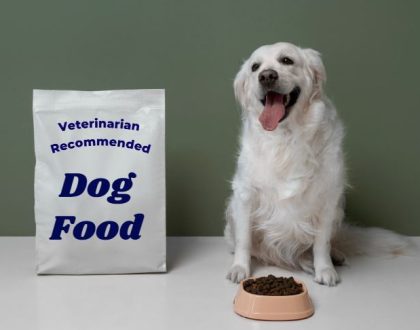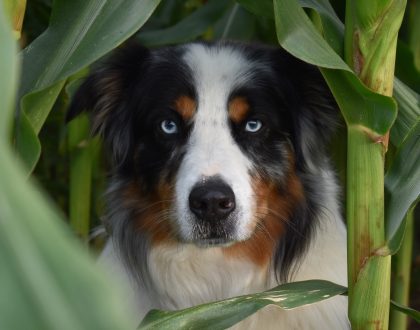
the scientific study of pet nutrition by veterinary nutrition specialists and experts.
The Most Popular Holiday Foods…That Your Pet Should Avoid!

Photo above: AdobeStock/Оксана Олейник
When I think of the upcoming holidays, one of the things I most look forward to is the food! Pets tend to get more treats at holiday time – from their owners or from houseguests – which can put them at risk for health issues ranging from mild to life-threatening (think everything from a mild case of diarrhea all the way to spending the holiday taking your pet to the emergency room). You may want to buy your pet a special holiday treat as a present or give them some of the holiday meal, but it’s important to think carefully about what you offer them. To help keep your dogs and cats safe as we enter the holiday season, follow these guidelines to keep the holidays healthy and happy!
Avoid Dangerous Foods
- Some foods are toxic or otherwise dangerous for your pets: This includes chocolate, grapes, raisins, xylitol (found in sugar-free gum and sometimes in candy or baked goods), onions, garlic, bones (raw or cooked), high fat foods (for example: meats like roast beef or lamb chops, ice cream), raw meat, macadamia nuts, and avocado.
- Wooden skewers or the string used to tie roasts can be very dangerous to pets if eaten.
- Secure the trash carefully to avoid having pets get into and eat foods or other hazardous materials.
- Pay careful attention to foods on the counter or table before and after cooking. Pets can be sneaky and steal food while it’s on the counter waiting to be cooked, or after it’s cooked and before being served. It’s not unusual for veterinary emergency rooms to see a dog (or cat) that stole the entire holiday turkey or ham while it was waiting to go into the oven or back into the refrigerator after dinner. Pets also can steal cookies, chocolates, pies, and other dishes so keep foods safely secured.
Holiday Treat Tips
Holidays can be stressful for everyone, including our pets, so the safest thing is to keep your pet’s meals and treats consistent during the holidays to avoid problems. However, if you do want to give a special treat, here are a few tips:
- Portion control: A common mistake for pet owners is to give their pets a larger portion of a treat than ideal, even if the treat itself is ok. What seems like a reasonable amount for a person might provide one-third or one-half of a dog’s total daily calories! For example, a cookie or portion of turkey that you give to your dog might seem reasonable compared to the amount a human would eat, but that amount would actually be similar in calories to a human eating a Big Mac! Dogs and cats are usually thrilled to get a special treat – whether it’s a bowlful or a teaspoonful. So, think small.
Our general recommendation is to feed less than 10% of your dog or cat’s total daily calories from treats and table food. What does that mean for your pet? To give you an idea, a fairly active 25-pound dog needs about 600 calories daily, so they should get no more than 60 calories daily from treats (and if your 25 pound dog is more of a couch potato, they probably only need about 400 calories daily which means no more than 40 calories from treats). A 10-pound cat typically needs just over 200 calories daily, so that means no more than 20 calories daily from treats. You can find a calorie calculator on the Pet Nutrition Alliance website so you can find out calorie needs for your own cat or dog.
- Most fruits and vegetables make great treats for dogs. Examples include apples, pumpkin, banana, strawberries, blueberries, melon, carrots, corn, and green beans. Just be sure to avoid grapes, raisins, onions, and garlic, and stay away from vegetables made with lots of butter, sauces, salt, and other seasonings. There are a few fruits and vegetables that are problematic if your pet has medical issues, so be sure to talk to your veterinarian about what fruits and vegetables are good options for your pet.
- If your pet doesn’t have medical issues, a small amount of cooked turkey breast is usually a good option but be aware of the portion (For cooked turkey breast, ¼ cup has about 50 calories and 1 level tablespoon has about 12 calories). A small spoonful of the apple or pumpkin filling from a pie would be reasonable treat for healthy dogs as well.
- If your pet has medical issues, paying careful attention to extra treats at holiday time is even more important. For example, many holiday foods are high in sodium which can be a concern for pets with heart disease, while dogs and cats with kidney disease need to be careful of a variety of nutrients, including phosphorus (high in meat and dairy products) and sodium. And pets with a “sensitive stomach” or other digestive issues can easily develop diarrhea or vomiting when fed foods they don’t typically eat or high fat foods. Be sure to check with your veterinarian to make sure you know what foods are ok for your pet throughout the year – not just at holiday time.
- Holiday treats don’t have to be food. While we may want to give our pets special food treats at holiday time, most get just as much enjoyment out of spending time with us – taking a walk, getting brushed, playing a game, or just some extra petting.
- Tell your guests the “house rules” about treats, especially if your pet has a medical condition.
Finally, a tip that is unrelated to food: Holiday can be stressful for pets with lots of people around and changes to their normal schedule. Be sure your pet has access to a quiet place to escape. Not only will this reduce their “snacking,” it can also help to reduce their stress!
Want to read more information on feeding your pet?
Subscribe to always know when we add new material!
Recommended Posts

Can Diet Help With My Dog’s Seizures?
January 18, 2024

Veterinarian Recommended Pet Foods: What You Need to Know
November 05, 2023

Stalk About Nutritious: It’s Corn!
September 19, 2023

